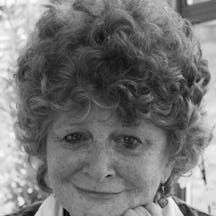There is so much official talk (and number crunching) about happiness and well-eing nowadays. But where is joy? Unlike happiness, joy is a word we don’t use much today. We may discern it, perhaps hovering on the horizon of possibilities, if often in events we feel we are missing out on.
For what is distinctive about joy, as I argue in my book ‘Radical Happiness’, is that it can break down distances between people, bringing us together – at least with those able to share the same delight. This explains joy’s traditional ties with something we feel is larger than ourselves, perhaps our teams winning at football, or other collective excitements. It’s a moment when we can escape that gloomy tyrant – ourselves – so often brooding over our own shortcomings or sense of isolation.
The father of sociology, Émile Durkheim, noted the role of public festivals in affirming community belonging, generating forms of “collective effervescence”. This was exactly the shared joy that other father of sociology, Max Weber, saw as disappearing with the advent of capitalism, forever at odds with its dour individualising principles – and never more so than now, when it’s ever harder to escape that never-ending project of self-improvement.
Yet escape we sometimes do, though such shared joy is more often evident in places with their own competitive and commercial formula – from football terraces to Glastonbury – hence reserved for those who can afford them. But there are other moments, all the more empowering when we feel some sense of agency in bringing them about, especially in joyful political engagement.
Look at the exuberant faces routinely present in festivals of resistance. They may be confronting the most challenging situations, but the utopian yearning they express cheers the soul and, above all, is often when we feel most alive, most attached to the world, and to each other. These are the moments of radical happiness when we experience collective joy.
